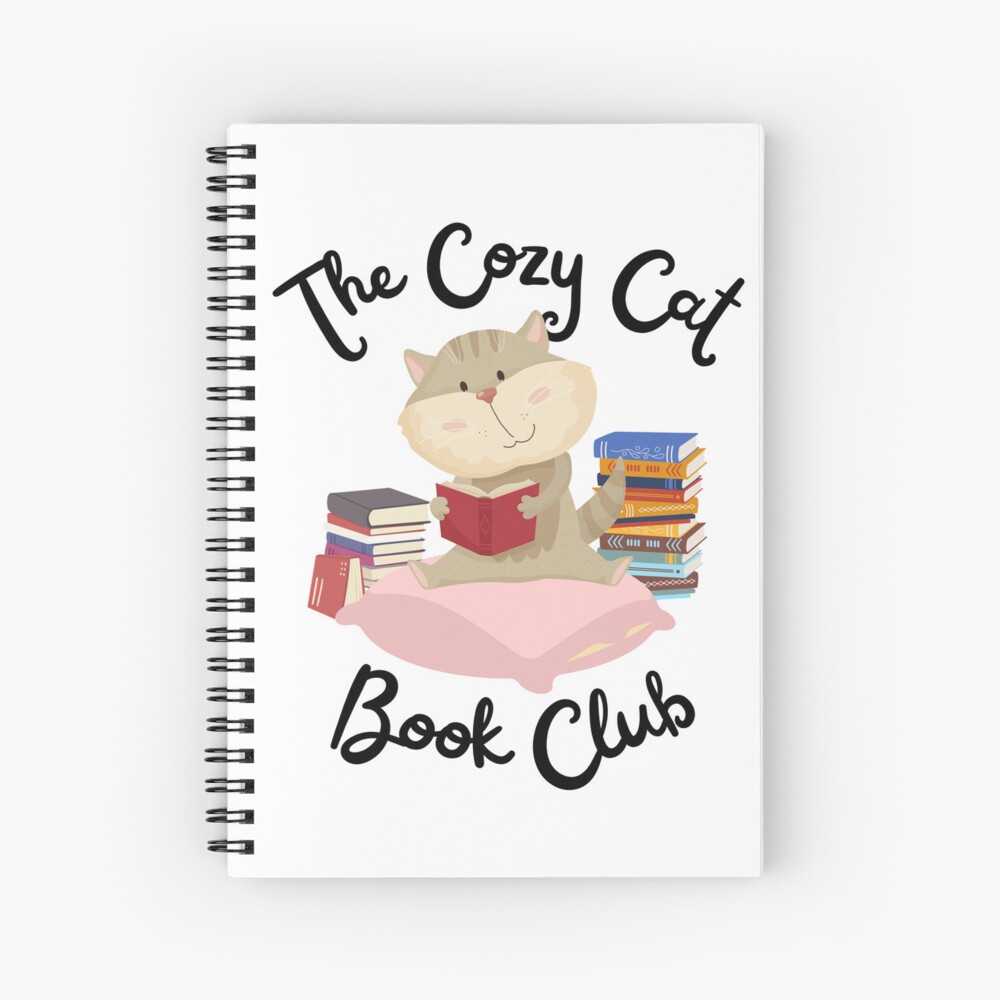Revision update: Too many late nights, and I haven’t moved forward. I must get up earlier tomorrow!
Today, Day By Day Writer is thrilled to be participating in the blog of author Therese Walsh, who’s debut novel, The Last Will of Moira Leahy, was just released. Therese has written a fabulous guest post on research and how it can help in our writing.
Before we get to that, however, the book’s publisher, Random House, has provided the first three chapters of the book in an online reader. Check it out here.
And now I pass the floor, er, blog, to Therese … take it away!
 When I first began writing my debut novel, The Last Will of Moira Leahy, it was not intended to become what it did—the story of twin sisters and their everlasting bond—but was rather a simple best-friends-fall-in-love story that would kick off at an auction house. The story changed because of research that led me to interesting facts. The item of interest at the auction was a Javanese dagger with a wavy blade called a keris. It wasn’t until later, after a friend’s innocent inquiry, that I researched the blade and discovered a storyteller’s goldmine.
When I first began writing my debut novel, The Last Will of Moira Leahy, it was not intended to become what it did—the story of twin sisters and their everlasting bond—but was rather a simple best-friends-fall-in-love story that would kick off at an auction house. The story changed because of research that led me to interesting facts. The item of interest at the auction was a Javanese dagger with a wavy blade called a keris. It wasn’t until later, after a friend’s innocent inquiry, that I researched the blade and discovered a storyteller’s goldmine.
Some pros hate the idea of a writer stalling in her tracks for research, because it’s simply too easy to become derailed. Just do the minimum, they suggest, then get back to writing. Truth is, The Last Will of Moira Leahy wouldn’t have become what it did without the keris, and I wouldn’t have known about the keris if not for my research-related diversion. I am both a pantser and a pauser. I write as the story leads me, and I pause to “listen” along the way. Some might listen to their muse, and I do that too, but I also listen to my research. Hard. I don’t pause to research minor details necessarily, but I pause to research anything plot related, and I allow that my research may turn the course of the story. Sometimes it does.
 An even more potentially impactful kind of research is immersion research, when you visit the place of your story and put yourself in situations resembling those of your characters. I visited Castine, Maine, for example, while writing The Last Will. My perceptions as well as my interactions with the people there influenced the plot of my novel, turned several characters onto different paths, and generally helped me to visualize the novel better than I ever would have without that experience.
An even more potentially impactful kind of research is immersion research, when you visit the place of your story and put yourself in situations resembling those of your characters. I visited Castine, Maine, for example, while writing The Last Will. My perceptions as well as my interactions with the people there influenced the plot of my novel, turned several characters onto different paths, and generally helped me to visualize the novel better than I ever would have without that experience.
I’m a researcher at heart, so I am biased toward lots and lots of research, but I can attest to its power. It can help your stories become more powerful by:
- helping you identify new ways to inject a situation with conflict
- providing you with first-hand accounts that can lend authenticity to your work
- allowing you to hone in on the best settings for your scenes
and of course
- leading you to story ideas you never imagined, that can turn your story into something so much better than you would’ve created left to your own devices.
I know this to be true. My personal zigs and zags made a world of difference for The Last Will—a story that might otherwise have been as predictable and commonplace as a straight line.
What is your relationship with research? How do you incorporate research into your writing? Do you control it, let it run wild over your pages, or do you practice something in between?
Write on, all!







3 Responses
Because I love history I love research. But I have a tote bag where I keep everything I’ve collected research-wise: books, notes, photographs. Sometimes I have to use my tote bag as a little “jail”. I tell myself “I will not take anything out of the tote bag today.” Because it easy for me to get lost in it. Like you, I find my story taking unexpected turns as a result of facts I’ve uncovered.
Jodi, I adore the tale of your “little jail” tote bag. Sounds like a fun place to lose some hours!
I used to collect newspaper clippings and things that sparked ideas in a file, but I haven’t looked at it in years. Would be interesting to see what’s in there now.